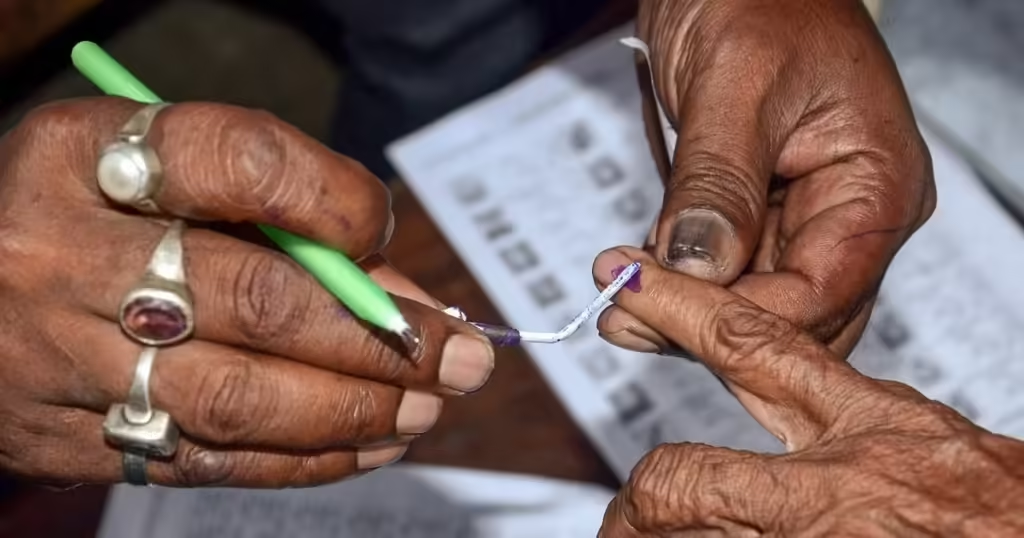In the forthcoming third phase of the Lok Sabha elections in Assam, 15 candidates vying for parliamentary seats are millionaires, according to recent disclosures. This significant number of affluent contenders, out of a total of 47 candidates in the fray, highlights the diverse socio-economic background of individuals participating in the democratic process. Among these candidates, several belong to various political parties, while four are contesting as independents.
The presence of crorepati candidates underscores the financial diversity within the political landscape of Assam. It reflects the reality that political participation is not confined to individuals from specific socio-economic backgrounds but encompasses a wide spectrum of wealth and influence. These candidates bring varying perspectives and experiences to the electoral arena, contributing to the richness of the democratic discourse.
While the wealth of these candidates may afford them certain advantages in terms of campaign resources and outreach, it also raises questions about the influence of money in politics. The prevalence of millionaire candidates underscores the need for transparency and accountability in electoral financing to ensure a level playing field for all contestants.
Moreover, the emergence of crorepati candidates underscores the importance of addressing socio-economic disparities and promoting inclusive governance. While financial prosperity may provide opportunities for political participation, it should not be a prerequisite for meaningful engagement in the democratic process. Efforts to empower marginalized communities and promote equitable representation remain crucial in ensuring the integrity and inclusivity of electoral politics.
As voters prepare to cast their ballots in the upcoming Lok Sabha elections, they will have the opportunity to assess the credentials and priorities of candidates from diverse backgrounds. Beyond financial wealth, voters will consider factors such as integrity, leadership qualities, and commitment to public service in making their electoral choices.
The presence of crorepati candidates underscores the complexity of democratic representation and the need for robust mechanisms to ensure accountability and transparency in the political process. Ultimately, the upcoming elections will serve as a test of the electorate’s aspirations for a more inclusive and equitable society, where every citizen’s voice is heard and valued.

